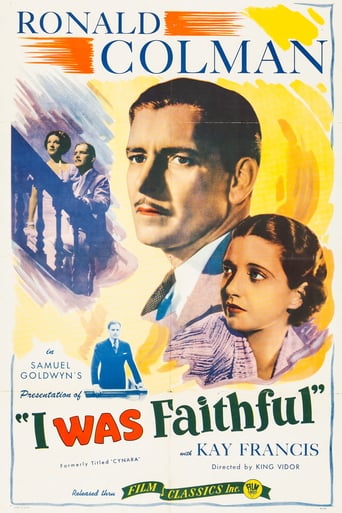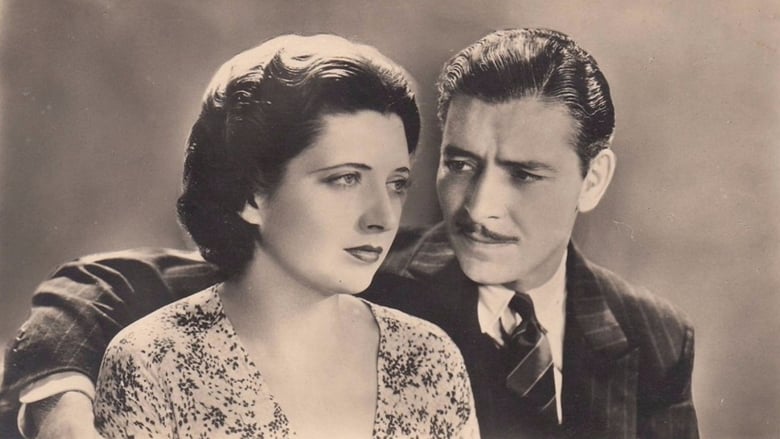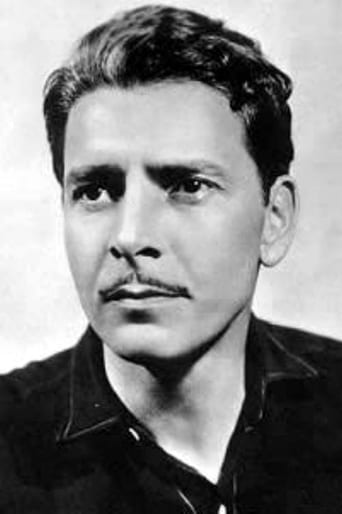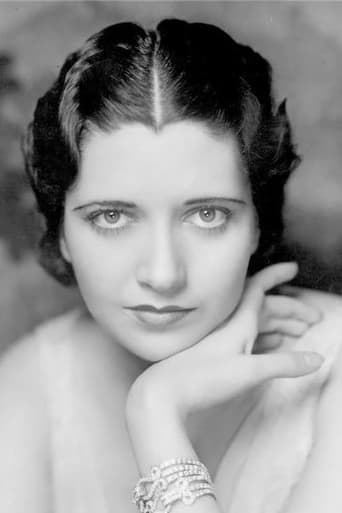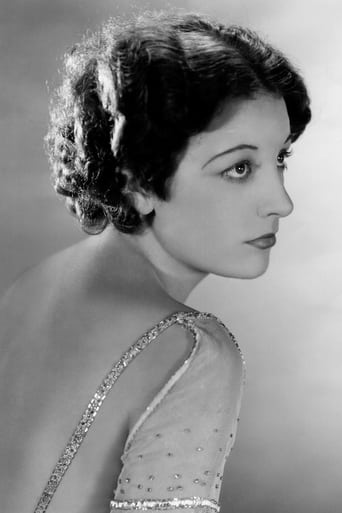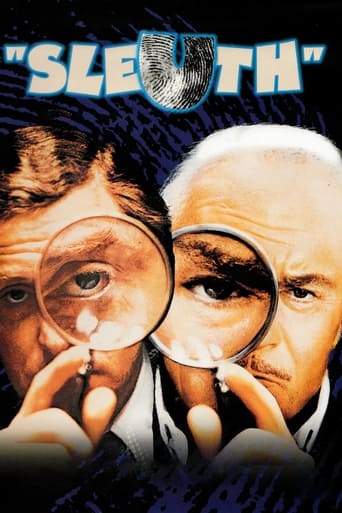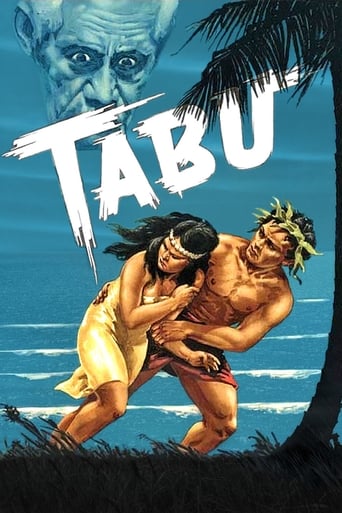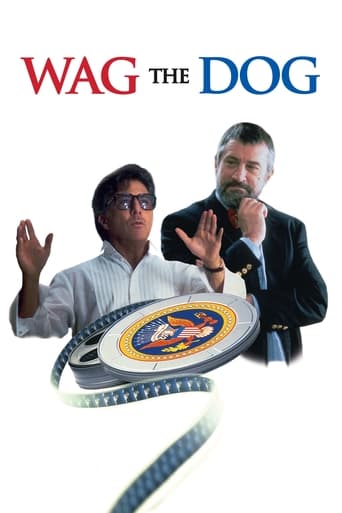Cynara (1932)
A London barrister's marriage is under strain after his affair with a shopgirl who is out to have him. The story is told in flashback.
Watch Trailer
Cast


Similar titles
Reviews
"Women marry men they hope they can change, and men marry women whom they hope will never change". So says the wise, aging scoundrel played by Henry Stephenson, giving a terrific performance in this lavish looking Goldwyn film that features a story similar to Selznick's 1939 classic "Intermezzo", that of a decent man (Ronald Colman) who finds himself involved with another woman while married to a wonderful woman and separated from her. The separation comes because of the wife's (Kay Francis) silly younger sister (Florine McKinney), escorting her to Italy on a whim on the day before Colman and Francis's seventh anniversary. Stephenson takes Colman out to dinner where they meet two young women (Phyllis Barry and Viva Tattersall) and spend a night out on the town with them. Barry falls head over heels in love with Colman who warns her about his situation, but she cannot allow herself to go. Unlike Ingrid Bergman in "Intermezzo", Barry is emotionally immature, even if she's not an outwardly silly creature like McKinney, and the story indicates that nothing inappropriate occurs during the times Colman and Barry are together.As he would do in his string of independent films of the 1930's, Samuel Goldwyn (along with director King Vidor and their artistic team) creates a very lavish fantasy like setting, with sensational glamorous restaurants, beautiful parks with lush greenery and art decco houses and other locales. From the reviews I've read, this has been referred to as being greatly dated, but the only thing I find perhaps dated about it is the fact that all three people involved in the situation are incredibly nice, although Barry's final act shows her to be an already troubled girl who needed more maturing before entering into any kind of serious relationship regardless of the other person's marital status. Francis gives her usual professional performance, noble yet not long-suffering, understanding yet not shocked when the revelations come out. Stephenson's character reminds me of the lovable old coots that Charles Coburn would later become famous for, and he steals every scene he is in with wit, wisdom and a touch of an "I've been there, done that...several times" attitude. As for Barry, she instills her young character with a love of life in the zest of youth that is hiding an inner sadness, indicating that past affairs have not been fulfilling and that she's either doomed to end up alone...or simply just doomed. A surprising climax has the previously vivacious Tattersall confronting Colman over an acting towards Barry, showing a great loyalty and moral code that you didn't expect to come from her. While looking at gossip column reports on affairs today, this might seem a bit unrealistic, but this is a view of a different kind of affair, one where the outcome is about companionship and the avoidance of loneliness rather than one of strictly sexual pleasure. Today's audiences might laugh at such an operatic view of old school scandals, but there are many lessons here to be learned, from the art of personal grace to the meaning of what true love really is, and ultimately, what keeps a marriage together even beyond the worst of situations.
With all the talk of temptation before his strangely named -- but ultimately forgiving -- wife, Clemency, goes on vacation, it is obvious that dapper lawyer Jim is going to stray.For such a smart and accomplished barrister, he falls for every temptation his eager would-be paramour drops in his path. Still, it is entertaining to watch this story unfurl.Ronald Coleman gives a sensitive performance as the elegant yet uninsightful husband. (Why on earth would he accept a job judging a silly beauty pageant?) The casting of his wife and lover is intriguing -- the women could have been dead ringers for each other.Yet Henry Stephenson, playing the wily friend John Tring, is the most interesting character in this drama. In the end he seems like some kind of puppet master, having orchestrated the ultimate test of the Warlocks' marriage and ultimately overseeing their somewhat unlikely reconciliation."Call no woman respectable until she's dead," this cynic intones.It's highly ironic that the seductive character Doris, played ably by Phyllis Barry, commits suicide near the story's end. The Wikipedia listing for this actress notes that she died of a barbiturates overdose some 20 years after the film's production.PS: Does anyone else wonder where this film got its title? PSS: OK, I read the other reviews, and now I get it...
When Lubitsch ran over schedule on "Trouble in Paradise" Kay Francis was replaced by Bebe Daniels in "42nd Street", a movie that she thought could re-vitalise her career. Kay was understandably angry and to appease their star, Warners lent her to Samuel Goldwyn for his prestigious "Cynara" where all the actors came out winners. I thought Ronald Colman and Kay Francis had good chemistry as the contented couple who encounter the seven year itch.Jim Warlock (Colman) has the evening all planned - dinner at the Ritz, followed by a show with his beautiful wife Clemency (Francis) as it is their 7th wedding anniversary. He gets home to find Clemency leaving for Naples, all part of a scheme to get her flighty sister unentangled from yet another sticky engagement. His fun loving friend takes him out to a low restaurant where they pick up a couple of shop girls. Doris (Phyllis Barry) seems particularly taken with Jim but he doesn't give her a second thought, even tearing up her address as he declares there is only one woman for him - Clemency!! There was much fanfare when Phyllis Barry, an unknown, was chosen for the role of Doris, but, for me, she didn't seem to have any spark, being pretty colourless in the role. It wasn't surprising that within a couple of years her roles consisted of things like "party guest" and "brunette chambermaid" when she wasn't being put into Wheeler and Woolsley comedies.He encounters the intense young Doris again, at a beauty contest he is judging and of course she wins first prize. They begin meeting but Jim's steadfastness and integrity count for nothing when he finds himself at the mercy of the needy Doris. In only one scene in the movie, when Doris and Jim visit a cinema. Watching Charlie Chaplin in "A Dog's Life", Jim really lets his guard down and for a few minutes the viewer can see why he is drawn to the unpretentious Doris. Clemency returns and Jim hastily pens a "Dear John" letter to Doris not realising that it will push her over the brink. His friend dismisses Doris as someone who "didn't play the game fair" but because of his decency about not letting on that she wasn't quite pure when they met, Jim gets caught up in the whole sordid mess.Kay didn't have much to do in this drama of infidelity except look her usual ravishing self. Unfortunately even though by the end of 1932 she was one of the most "worshipped of stars" it proved to be the end of her prestigious years.
From the part where Henry Stepehnson's character says "Women hope marriage will change a man, men hope it won't, both are disappointed" to the inquest scene, this is a pre-coderthis is a pre-coder with some good insights into the marriage game. The inquest scene I found rather over the top. If it was to be done, it should of been done as a dream sequence. Ronald Colman would of been ruined anyhow, due to his indiscretion. At the final scene, right before the re-emergence of Henry Stephenson, when it seems assured Ronald Colman, will leave, in disgrace, alone, my wife, yelled involuntarily at Kay Francis, "you fool".We watched this because I am a devout Kay Francis fan who is humoured. Though this really wasn't a real Kay movie, except for the suffering, it is well worth your time, keeping in mind that it has the virtues and warts of that time.Lastly, a movie inspired by one line of a Poem?

